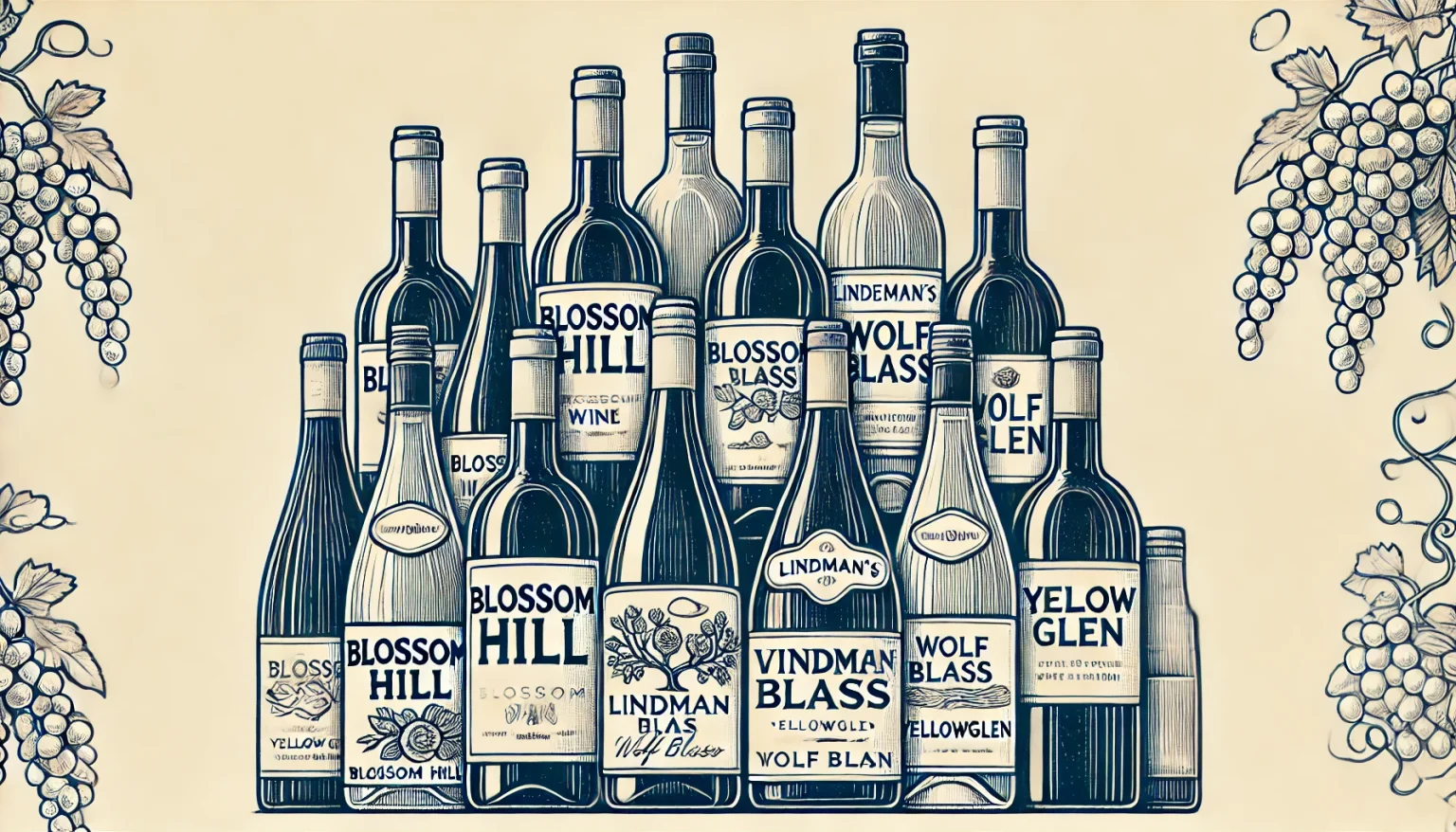Treasury Wine Estates (TWE), the Australian wine giant behind the renowned Penfolds label, has decided to retain its low-priced wine brands after failing to secure a compelling offer. The company had been considering the sale of budget labels such as Wolf Blass and Lindeman’s but ultimately determined that the bids received did not represent sufficient value. This decision, coupled with a downward revision of its annual profit guidance, sent TWE’s shares down as much as 8% before recovering slightly to a 4% loss by midday trading.
Why Did TWE Abandon the Sale?
Several factors likely influenced this decision:
- Softening Demand for Low-Priced Wines
The global wine industry has seen a decline in demand for lower-priced wines, particularly among younger consumers who are drinking less alcohol overall or opting for premium experiences. Industry reports indicate that Millennials and Gen Z consumers, especially in Western markets, are prioritizing quality over quantity, favoring craft spirits, premium wines, and non-alcoholic alternatives. - Economic Uncertainty and Consumer Behavior
While lower-cost alcoholic beverages have historically been resilient during economic downturns, shifting consumer preferences and inflationary pressures have led to greater caution in discretionary spending. TWE’s decision suggests that weak performance in the budget wine segment may continue, making it difficult to secure attractive offers for these brands. - Potential Buyer Reluctance
Prospective buyers may have been deterred by the uncertain growth prospects of the low-end wine market. Given that TWE itself cited weak financial results for its “premium brands” unit (which includes its lower-priced wines), investors may have seen limited upside in acquiring these labels. The absence of competitive bidding likely contributed to the decision to retain the brands.
The Shift Towards Premiumization
The move aligns with a broader industry trend: premiumization. TWE has been doubling down on its high-end offerings, notably through the expansion of Penfolds and the recent acquisition of DAOU Vineyards in the U.S., which strengthens its foothold in the premium and luxury wine segments.
China’s lifting of tariffs on Australian wine has provided a much-needed boost for TWE, with exports surging. The company is likely focusing on leveraging this market recovery by prioritizing high-margin wines rather than investing further in struggling budget labels.
Stock Market Reaction and Industry Implications
TWE’s stock fell sharply in response to the abandoned sale and profit warning, reflecting investor concerns that underperforming low-end brands could remain a drag on overall earnings. Analysts from Citi noted that retaining these brands might weigh on group profitability, while UBS described the profit guidance cut as disappointing but somewhat expected.
For the broader wine industry, TWE’s decision underscores the increasing pressure on low-cost wine brands. Other major wine producers may face similar challenges in offloading underperforming labels, potentially leading to further consolidation or repositioning strategies within the market.
Looking Ahead
While TWE’s high-end strategy remains intact, the company now faces the challenge of improving the performance of its budget wine portfolio or finding alternative restructuring options. With premiumization shaping the future of the industry, it remains to be seen how TWE will balance its diverse brand portfolio to maintain long-term profitability.
This decision by TWE reflects not just company-specific challenges but a broader shift in consumer trends. As the wine industry continues to evolve, producers will need to adapt swiftly to changing market dynamics or risk being left behind.


